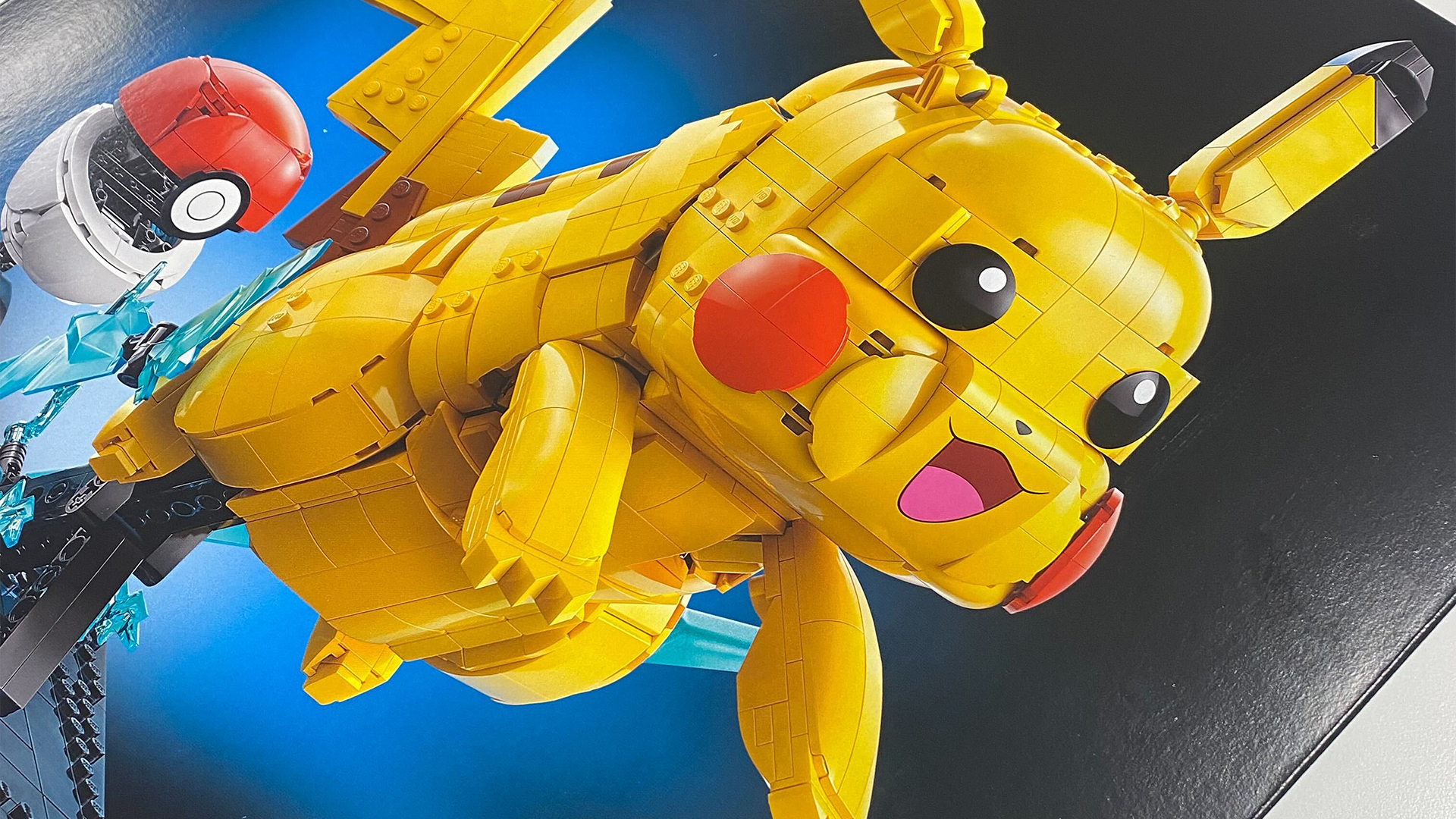Lenovo Legion Go 2 leak reveals full specs, and I'm cautiously hyped for the handheld sequel
The Legion Go 2 sounds like a proper upgrade.
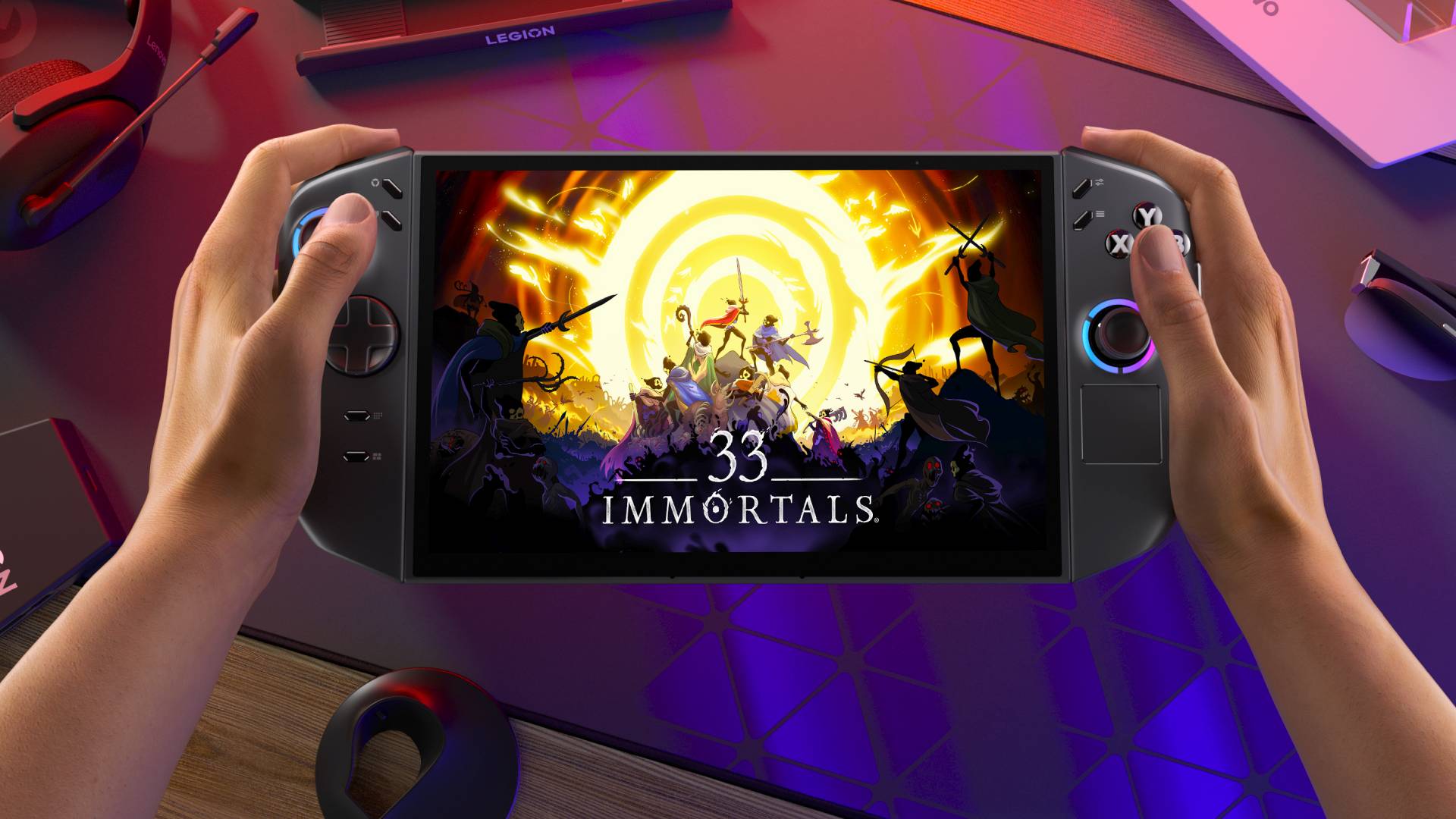
Weekly digests, tales from the communities you love, and more
You are now subscribed
Your newsletter sign-up was successful
Want to add more newsletters?
A massive Lenovo Legion Go 2 leak just revealed full specs and features for the long-awaited gaming handheld sequel, and I'm actually kind of excited. While I am still nervous about its eventual price point, it's packing what appears to pack a punch that feels more balanced than its 2023 predecessor.
Shared by notorious leaker Evan Bliss, the Legion Go 2 leak is effectively a ton of press release slides detailing specs, features, and layout diagrams. The early glimpse comes just days before IFA 2025, which just so happens to be where Lenovo will supposedly reveal its next flagship gaming handheld.
According to the slides, the Legion Go 2 comes in Ryzen Z2 and Ryzen Z2 Extreme flavors, boasting up to 32GB LPDDR5X RAM, and a 1TB SSD. It's entirely likely the cheaper option will boast different memory and storage configurations, just like the currently available Lenovo Legion Go S, as that would help the company provide a more price-appropriate option.
Legion Go 2 pic.twitter.com/vPbUROKkhrSeptember 1, 2025
As for the screen, the leak says the Legion Go 2 comes armed with a 1200p 144Hz OLED display. That's a lower resolution than the original Lenovo Legion Go, but the trade-off is worthwhile considering most handheld gaming PCs can't quite hit frame rates to satiate 1600p.
One quirk that is still included with the Legion Go 2 is its detachable controllers, but Lenovo has overhauled its gamepad design somewhat. The new pads take ergonomic notes from the Legion Go's integrated buttons, and the side buttons have shifted slightly to accommodate their mouse mode abilities.
What I'm not so hyped about is the Legion Go 2's main tablet-shaped body, as it looks just as boxy as the original. This is something I felt gave the OG handheld a bit of a hollow feel, and it ultimately made the portable feel too clunky for my tastes.
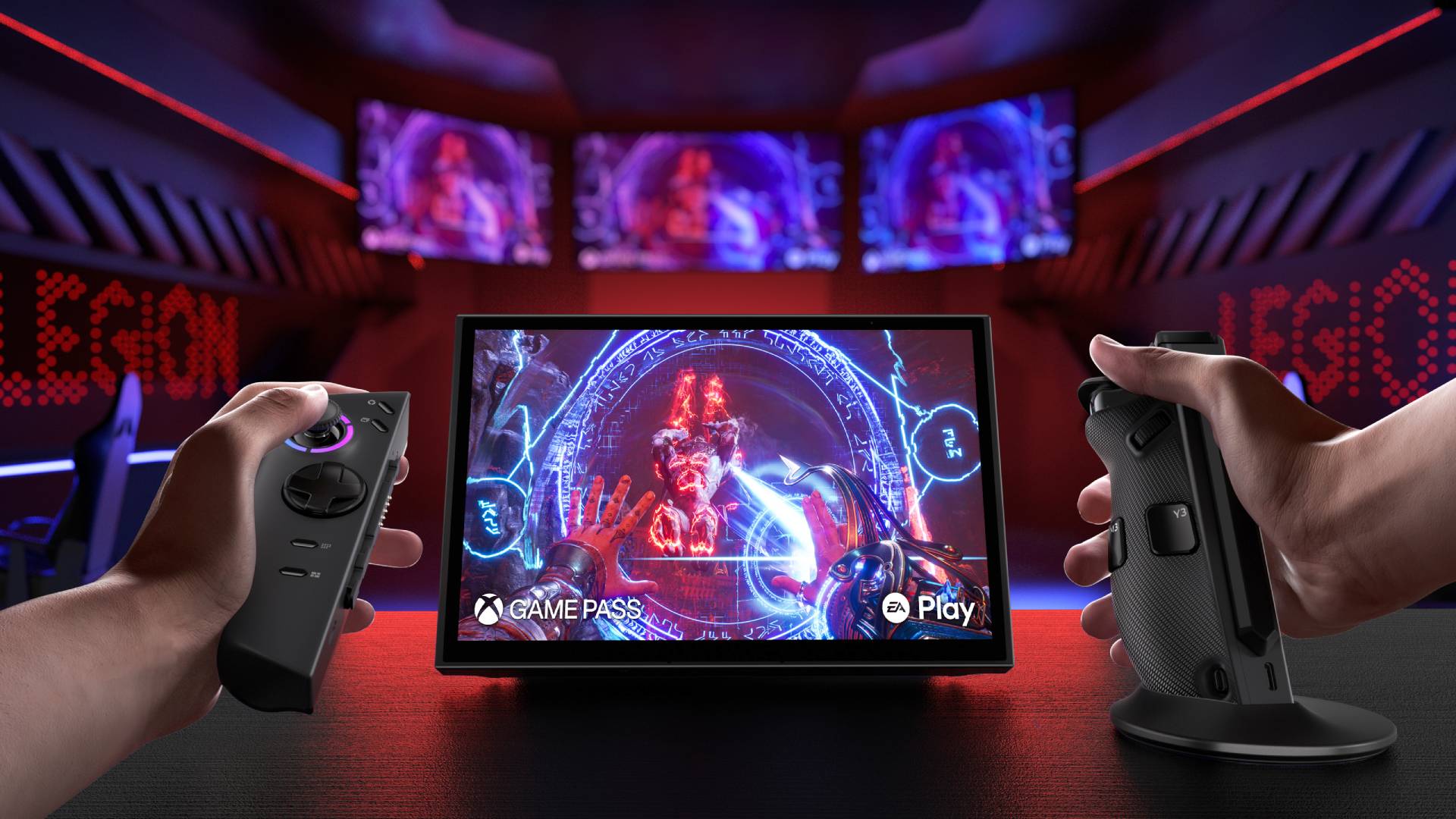
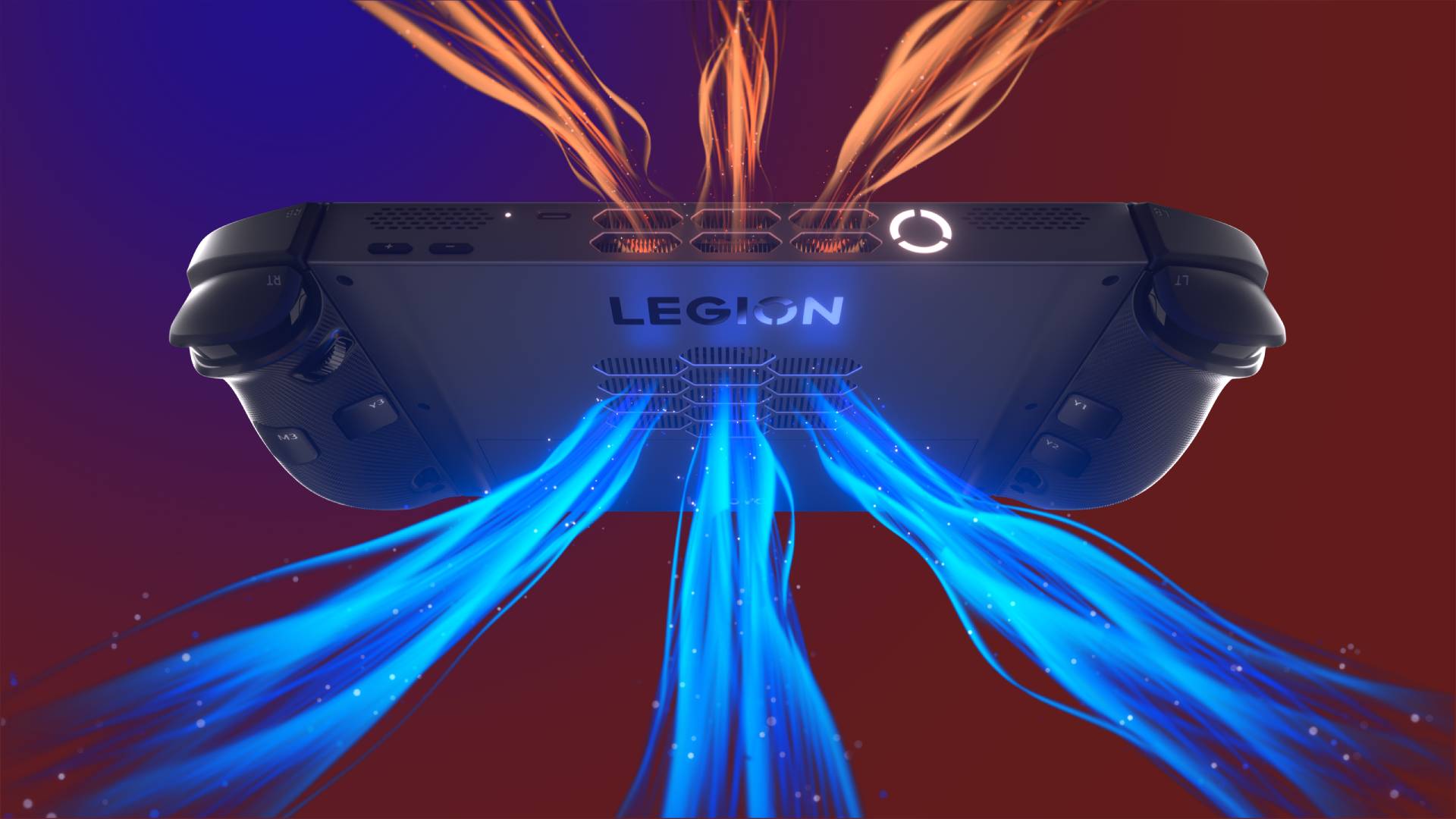
The Legion Go 2 will absolutely have a fight on its hands when it eventually arrives, and Lenovo has already likely held off to plan against the Asus ROG Xbox Ally X and MSI Claw A8. The latter is already available to reserve for £850 in the UK, and Microsoft's collaborative handheld gaming PC will be with us on October 16.
Weekly digests, tales from the communities you love, and more
Just like every handheld right now, the main fight is with pricing. I'm pretty bummed out about the fact that every upcoming premium portable seems to cost nearly a grand, rather than taking the value fight to the Steam Deck OLED. It's a trend that likely won't go away, but one that'll ultimately drive players towards cheaper existing options like the OG Asus ROG Ally and Legion Go S whenever it happens to be discounted.
If the Legion Go 2 can somehow come in at less than the flagship ROG Xbox Ally X, or even offer up cheaper models that outperform the cheaper non-X version, it could gain some traction. The leaked sides actually suggest a SteamOS version of the handheld could be in the works, since one example features Big Picture mode with a Valve symbol rather than an Xbox logo.
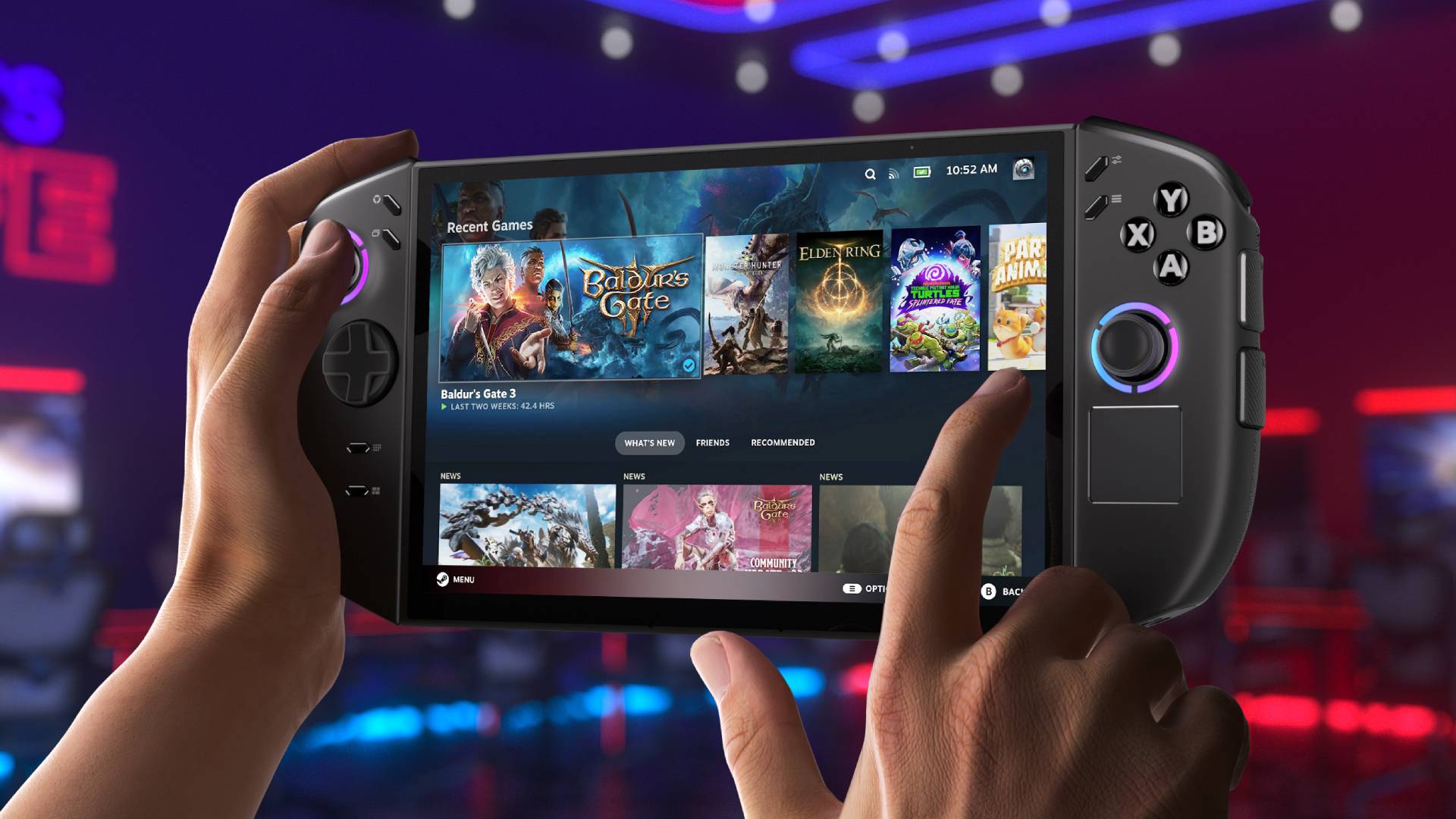
Siding with Valve's operating system could help keep costs lower on specific models, but it does mean it'll miss out on Microsoft's "built to game with Xbox" Features like Automatic Super Resolution and Advanced shader delivery. That said, if the price difference is dramatic, SteamOS devices may end up serving as price-appropriate heroes in a scene dominated by handhelds most players can't afford.
That aside, I am excited to see how much the Lenovo Legion Go 2 improves on the handheld maker's formula, and I'll be looking to fully benchmark the portable as soon as it lands.
- More gaming handhelds at Best Buy
- MSI Claw A1M |
$649.99$389.99 at Best Buy - Legion Go S (SteamOS) | $599.99 at Best Buy
Already got Valve's handheld? Swing by the best Steam Deck accessories and best Steam Deck docks to improve your setup. Alternatively, take a peek at the best retro consoles if you'd prefer to play classic games.

Phil is the Hardware Editor at GamesRadar+ who specializes in retro console setups, choosing the latest gaming handhelds, and navigating the choppy seas of using modern-day PC hardware. In the past, they have covered everything from retro gaming history to the latest gaming news, in-depth features, and tech advice for publications like TechRadar, The Daily Star, the BBC, PCGamesN, and Den of Geek. In their spare time, they pour hours into fixing old consoles, modding Game Boys, exploring ways to get the most out of the Steam Deck, and blasting old CRT TV visuals into their eye sockets.
You must confirm your public display name before commenting
Please logout and then login again, you will then be prompted to enter your display name.
